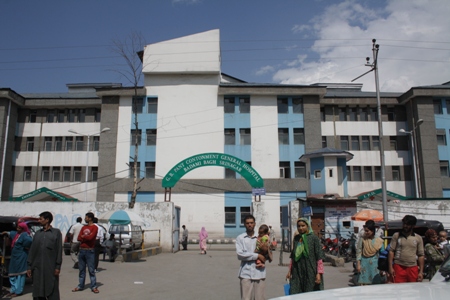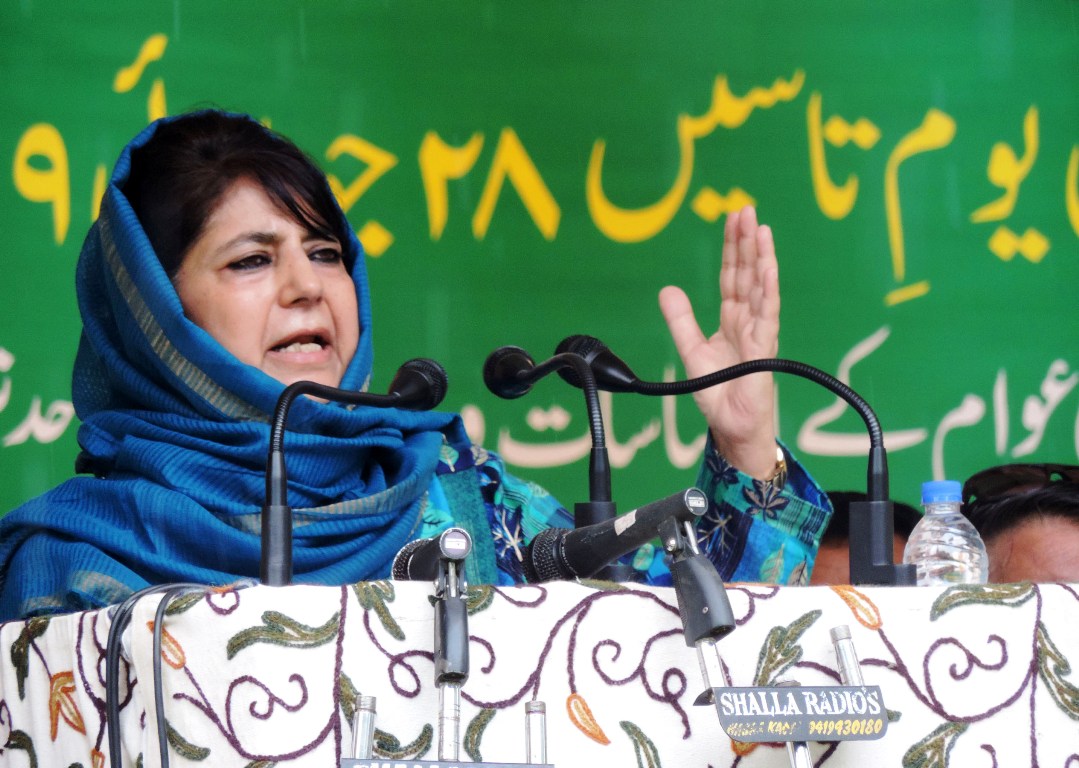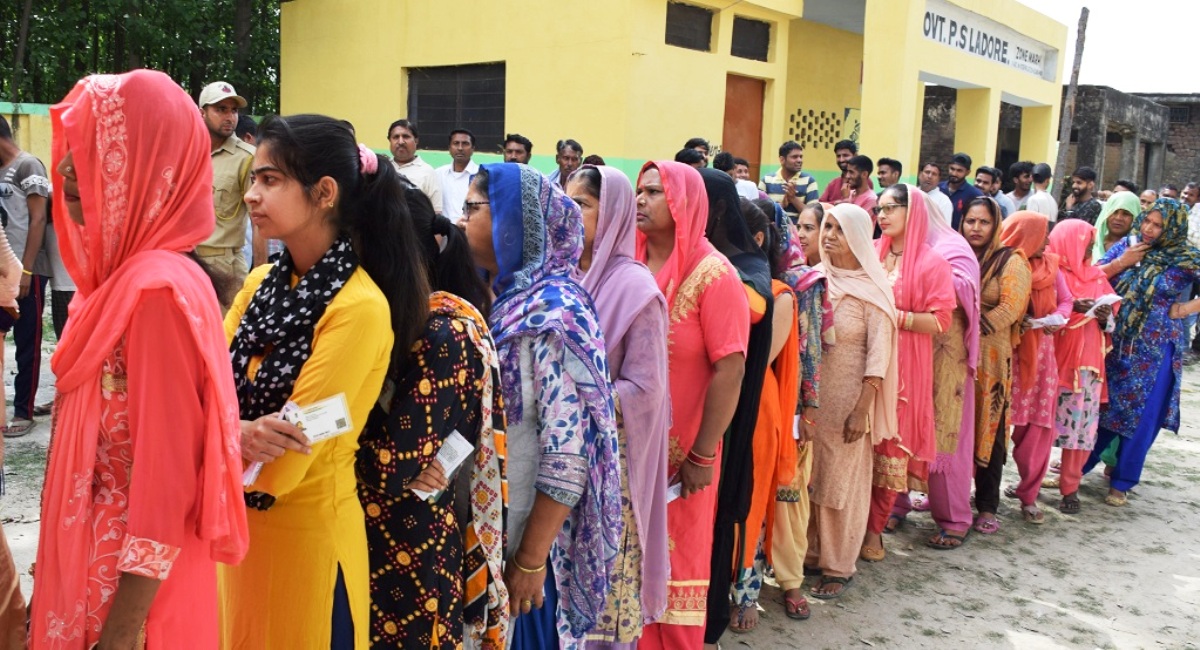Saima Bashir | Tabish Khan
SRINAGAR

In what could be termed as the clear departure of GB Panth hospital’s recent history, neonatal death rate has decreased manifold for the year 2015. The fresh statistics have come as a relief for the hospital authorities—especially after 2012 when grim, alarming neonatal death rate invited a relentless bad press to the hospital.
While sharing the details, GB Panth Hospital’s medical superintendent, Dr Shafqat Khan who took over the reigns of the hospital last year, says that in February 2015, 500 neonatal deaths were reported in the hospital. “However, the number of deaths decreased to a large extent since then,” says Dr Khan, who earlier cut a figure of whistle-blower as a SMC health officer by exposing the adulterated food items in local markets. “Only 14 deaths were recorded in December 2015.”
Behind the declined death rate, Dr Khan says, is the introduction of modern gadgetry, like bio-analyzer—making this only tertiary care children hospital of Kashmir able to conduct over 90% of tests. Carrying a price tag of around Rs 1 crore, the bio-analyser, the medico says, helps in increasing the efficiency besides efficacy of tests. “Earlier, only 50% of tests were done, including Eco-Cardiography, CT Scan, X-Ray, Ultra-sound.”

Inside the sanitised wards of GB Panth Hospital, even attendants seem contented with the renewed efforts done by the hospital authorities on war-footing – especially since last year.
“My grandson is suffering from intestinal problem,” says Wazira, an elderly woman from Shopian, “but, we got all kinds of facilities here. All the tests were done here at lower costs.” However, she says, two patients sharing one bed remains an issue.
Also, in the face of unabated rush at the hospital, the attendants say the number of doctors must be increased. Besides, says Bashir Khan, an attendant from Uri, the hospital must conduct all tests. “For my son’s immunology test, I had to go to a private clinic. The test was very costly there, which is a huge burden on poor man’s pocket.”
However, Dr Khan claims the hospital is moving in a right direction and that complete makeover will take some time. “In near future,” he says, “hospital will provide path-lab facilities to the patients, where immunology-like test facility will also be provided.”
While shifting his focus back to declined neonatal deaths, Dr Khan says the hospital also installed new ventilators working six hours without electricity. “This also helped us to cut down the death rate – from 985 in 2012 to 643 in 2015,” he says.
Earlier not only infants, but also attendants were at great risk of catching infection in the hospital due to shabby sanitation. “But now, we have 40 washrooms in the hospitals besides we adhere to proper sanitation,” he says. “We maintain proper vigil and make use technology to combat the death rate. I think the same discipline worked in our favour last year and will continue to improve our graph.”
(Saima Bashir and Tabish Khan are Interns with Kashmir Life)















